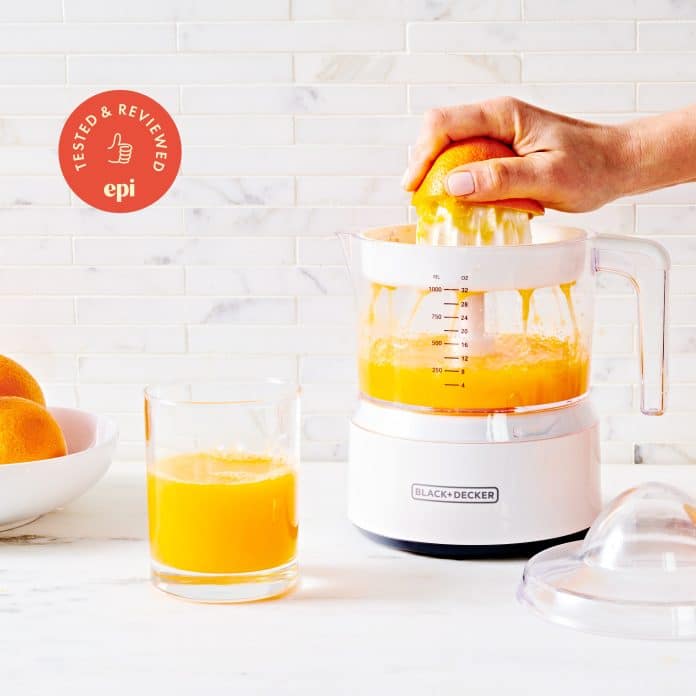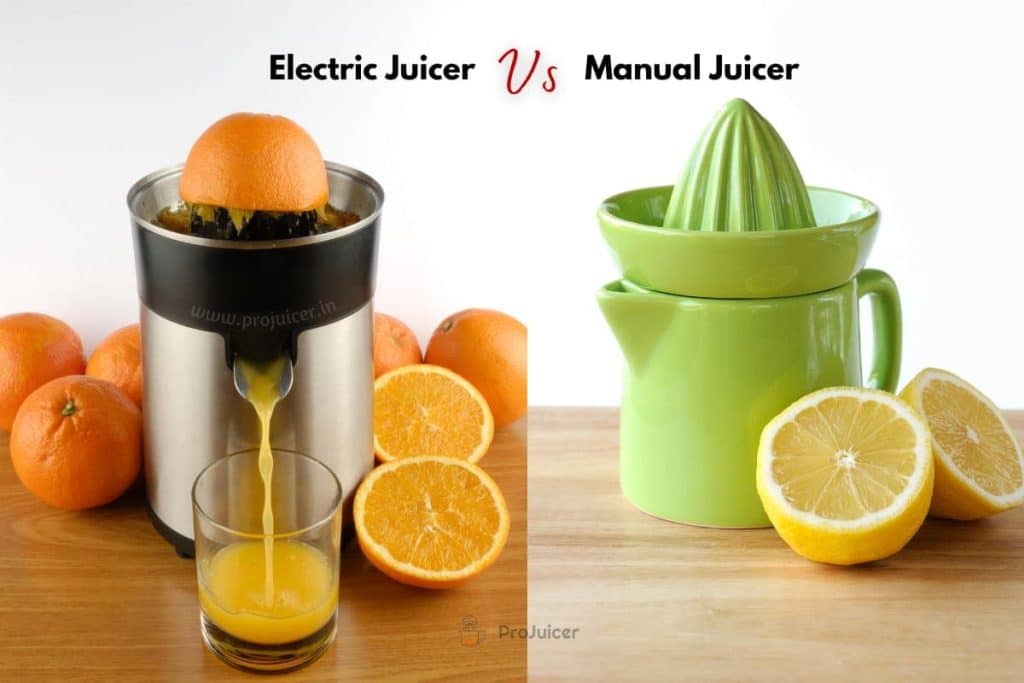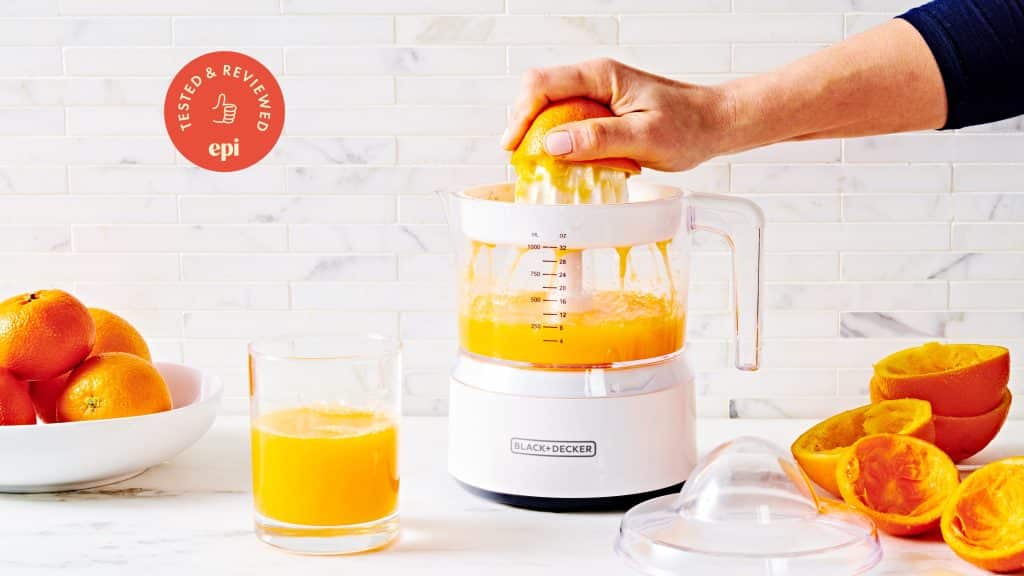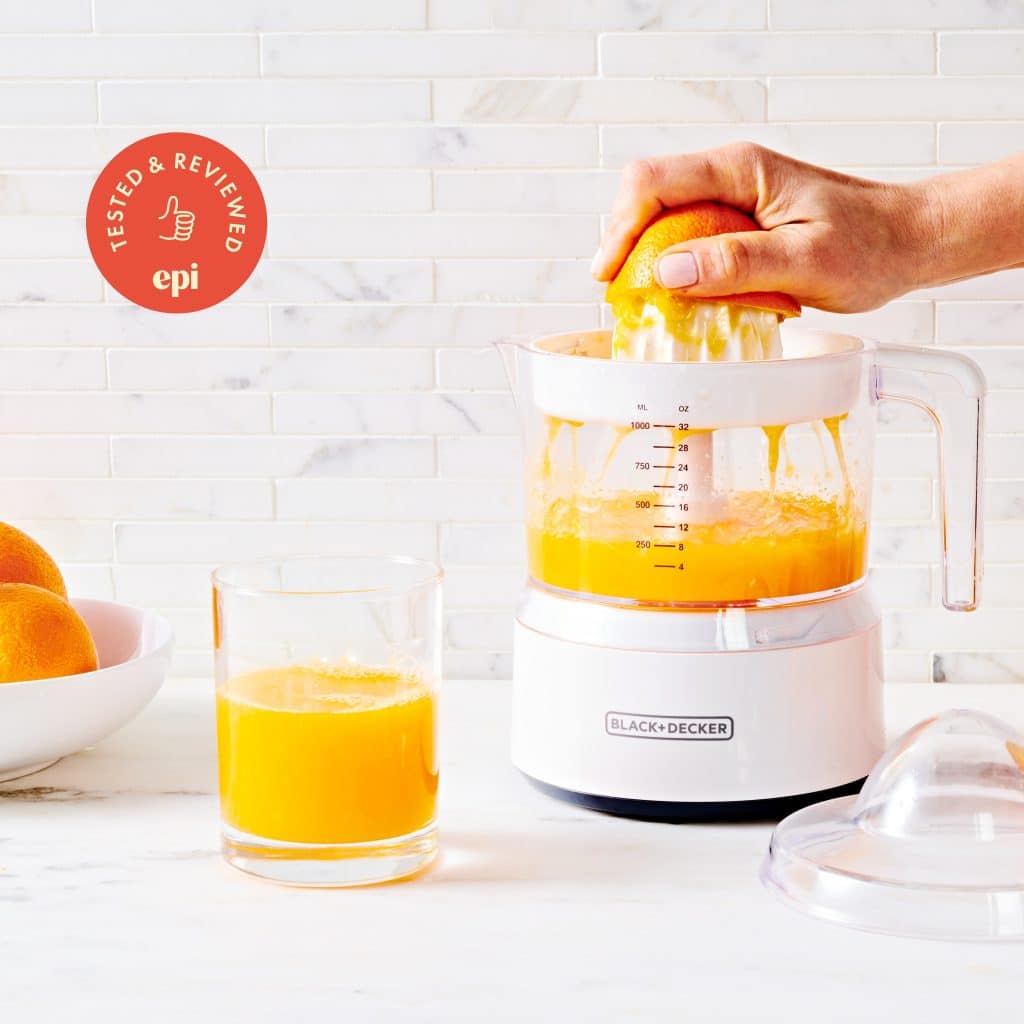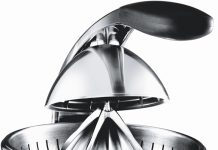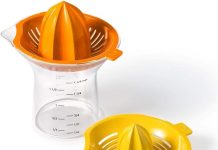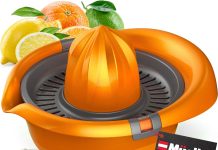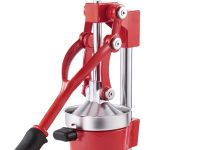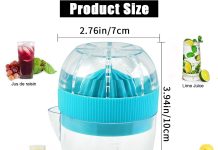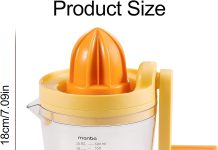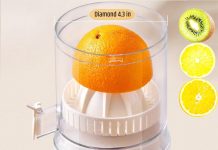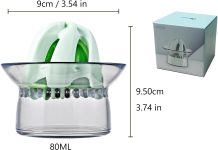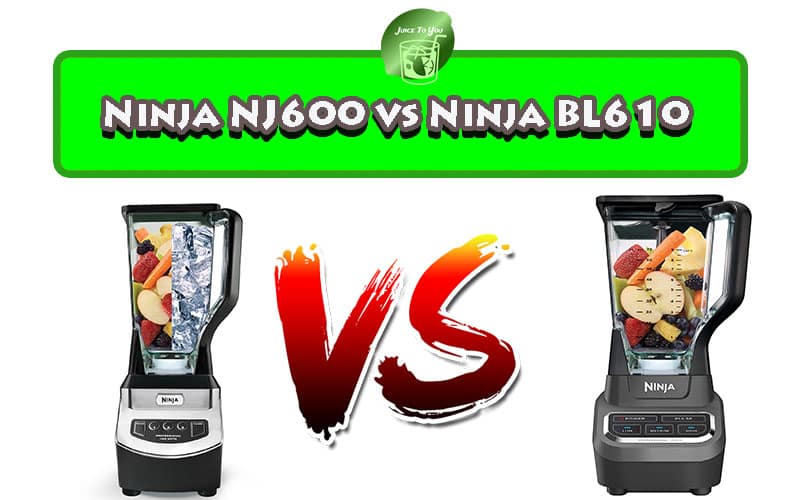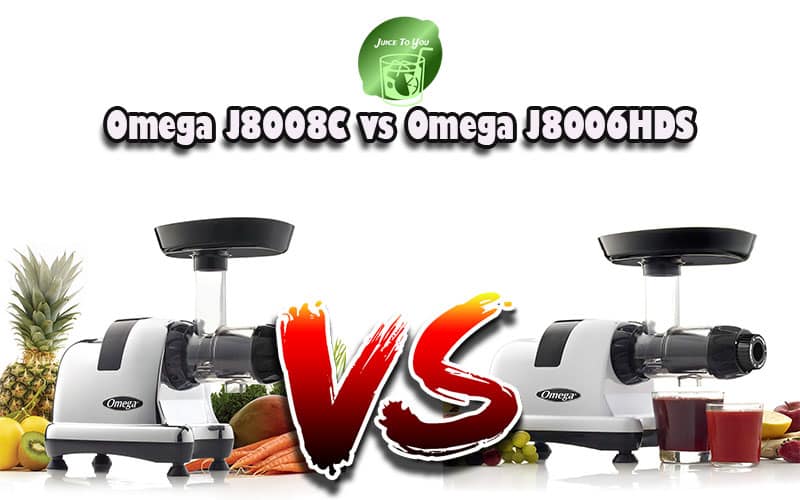Juicing has become increasingly popular as people strive for a healthier lifestyle. However, with numerous options available, deciding between a manual and electric juicer can be overwhelming. So, what is the difference between the two? Essentially, a manual juicer requires physical exertion and works by squeezing the juice out of fruits and vegetables, while an electric juicer takes away the effort by using electricity to extract the juice. Each type has its own advantages and disadvantages, and understanding these distinctions will help you make an informed decision on which juicer is best suited for your needs.
This image is property of www.projuicer.in.
Review contents
Speed
When it comes to speed, electric juicers have a clear advantage over manual juicers. With a manual juicer, you have to use your own strength and effort to extract the juice from the fruits or vegetables. This can be time-consuming and requires a lot of patience. On the other hand, electric juicers are equipped with powerful motors that can extract juice in a matter of seconds. Whether you are in a hurry in the morning or need to prepare large quantities of juice for a party, an electric juicer can significantly reduce your waiting time and make the process more efficient.
Effort
One of the primary differences between a manual and electric juicer is the amount of effort required to use them. Manual juicers require physical strength and exertion to squeeze, twist, or press the fruits or vegetables to extract the juice. This can be particularly tiring when dealing with harder produce like carrots or apples. On the other hand, electric juicers do all the work for you. Simply feed the fruits or vegetables into the chute, and the machine will do the rest. This makes electric juicers much more convenient and less physically demanding, especially for those with limited strength or mobility.
Power Source
Manual juicers require no power source other than your own energy. This can be a great advantage if you are in a remote location without access to electricity or prefer to minimize your environmental impact. However, the lack of a power source also means that manual juicers have limited capabilities. They may struggle with harder produce or be unable to handle large quantities of juice. Electric juicers, on the other hand, require a power source such as electricity or batteries. While this may limit their portability, it also enables them to handle a wider range of fruits and vegetables, including tougher ones like ginger or leafy greens.
Design and Size
Manual juicers are typically designed with simplicity in mind. They consist of a basic mechanism that allows you to manually extract juice from the produce. Their compact size makes them easy to store and transport, which can be beneficial for those with limited kitchen space or who like to juice on the go. Electric juicers, on the other hand, come in a variety of designs and sizes. From centrifugal juicers to masticating juicers, each type offers its own unique features. While some electric juicers can be bulkier and take up more counter space, others are designed to be compact and sleek, fitting seamlessly into any kitchen decor.
Ease of Use
Manual Juicer
Using a manual juicer requires some level of skill and technique. You have to apply the right amount of pressure and know how to maneuver the fruits or vegetables to ensure maximum juice extraction. This learning curve can be challenging for beginners and may lead to inconsistent results. Additionally, some manual juicers require disassembling and cleaning each component separately, which can be time-consuming.
Electric Juicer
Electric juicers, on the other hand, are designed to be user-friendly. Most models come with clear instructions and intuitive controls that make them easy to operate, even for those with no prior experience. They often have features like automatic pulp ejection and easy-to-clean components, simplifying the juicing process and reducing the time spent on maintenance. While there might still be a slight learning curve with different juicer models, once you get the hang of it, using an electric juicer becomes a breeze.
Price
When it comes to the price, manual juicers are generally more affordable than electric juicers. Since manual juicers have a simpler design and do not require any electrical components, they tend to be less expensive. This makes them a great option for those on a tight budget or who are looking for a more cost-effective juicing solution. Electric juicers, on the other hand, can vary significantly in price depending on the type and brand. While they may require a higher initial investment, they often offer more advanced features and capabilities, making them worth considering for serious juicers or those who plan to juice regularly.
Juice Quality
Both manual and electric juicers are capable of producing high-quality juice, but there are some differences to consider.
Manual Juicer
Manual juicers often extract juice through a pressing or squeezing mechanism. This gentle extraction process helps preserve the nutritional value and flavors of the fruits or vegetables, resulting in a fresher and more vibrant juice. With manual juicers, you have more control over the pressure applied, allowing you to customize the consistency and pulp content according to your preferences.
Electric Juicer
Electric juicers, particularly centrifugal juicers, use high-speed spinning blades to extract juice. While this method can produce juice quickly, it may generate more heat and oxygen in the process, which can degrade some of the beneficial enzymes and nutrients. However, many electric juicers now incorporate advanced technologies like slow juicing or masticating, which minimize heat and oxidation, resulting in juice that closely resembles the quality of manually extracted juice.
This image is property of assets.epicurious.com.
Versatility
Manual Juicer
Manual juicers often have a limited range of functionalities. They are primarily designed for extracting juice from citrus fruits like oranges or lemons. While some manual juicers may be capable of handling other types of fruits or vegetables, they may not be as efficient or easy to use for such purposes. If you mainly juice citrus fruits and have no intentions of exploring other options, a manual juicer could be a practical choice.
Electric Juicer
Electric juicers offer a wide range of options when it comes to versatility. From centrifugal juicers that can handle a variety of fruits and vegetables to masticating juicers that excel at juicing leafy greens, electric juicers provide more flexibility in terms of the types of produce you can juice. Some electric juicers even come with additional attachments for tasks like making nut milk or sorbets, further expanding their functionality.
Noise Level
Manual Juicer
When it comes to noise level, manual juicers are virtually silent. There are no motors or other mechanical components involved, so using a manual juicer will not disturb anyone nearby. This can be particularly advantageous if you live in an apartment or have a household that values peace and quiet.
Electric Juicer
Electric juicers, especially centrifugal juicers, can be noisier due to the high-speed spinning blades and motors. While the noise level may vary depending on the specific juicer model, it is generally advisable to look for electric juicers that emphasize quieter operation if noise is a concern for you.
This image is property of assets.epicurious.com.
Durability
Manual Juicer
Manual juicers, with their simple mechanical design, tend to be more durable and long-lasting. There are no electrical components that can malfunction or require replacement. With proper care and maintenance, a manual juicer can serve you for many years without any significant issues. Their sturdy construction makes them ideal for heavy-duty juicing or for those who do not want to worry about the longevity of their juicer.
Electric Juicer
Electric juicers, on the other hand, may be more prone to wear and tear, especially if they are used frequently or for extended periods of time. The motors, blades, and other electrical parts can deteriorate over time and may need replacement or repair. However, this does not mean that electric juicers are inherently less durable. Investing in a reputable brand and following the manufacturer’s guidelines for maintenance can help ensure the longevity of your electric juicer.
In conclusion, the choice between a manual and electric juicer ultimately comes down to your personal preferences and needs. If you prefer a hands-on approach, have a limited budget, or prioritize portability and silence, a manual juicer may be the right choice for you. On the other hand, if you value convenience, speed, versatility, and are willing to make a higher initial investment, an electric juicer is the way to go. Whichever type you choose, both manual and electric juicers can help you embark on a healthy juicing journey to boost your wellbeing and enjoy the benefits of freshly squeezed juice.

